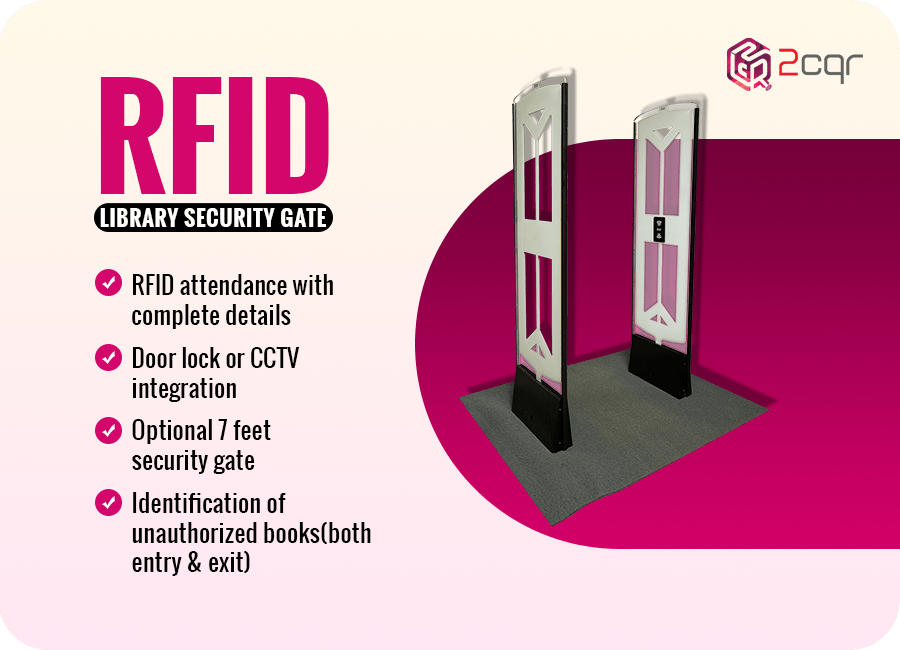
In the dynamic landscape of library management, implementing RFID technology can be a game-changer. Yet, the effectiveness of this technology relies heavily on choosing the right RFID tags.
Among the multitude of tag manufacturers in the market, finding the one that best suits your needs demands careful consideration.
This guide is designed to navigate you through the process of selecting reliable tag manufacturers for your library’s RFID project. Let’s explore the essential components that will empower you to make an informed choice.
Requirements Analysis: Define Your Needs
Before diving into the selection process, it’s crucial to define your project’s requirements. Consider the size of your library, the quantity of RFID tags required, the materials they will be affixed to, and whether you need passive or active tags.
Additionally, determine the RFID frequency (LF, HF, UHF), desired read range, usage environment, and any specific features required, such as temperature resistance or durability.
Reputation Matters: Research and Review
Begin your quest by compiling a list of RFID tag manufacturers within your region and country. Next, delve into their reputations by scouring online reviews, exploring their websites, and investigating their presence on various social media platforms.
Learning about their experience, expertise, and previous case studies will help you filter out manufacturers that don’t meet your standards.
Comprehensive Tags Overview
Examine the types of RFID tags offered by potential manufacturers. Assess the security standards they adhere to and whether they employ measures to safeguard data integrity.
Look for advanced features like anti-cloning and tag locking, which can help prevent issues related to duplication. Consider if they support multiple tag reading, a feature crucial for specific library management applications.
Customization and Compatibility: Tailored Solutions
Customization can be vital for certain projects requiring unique tag designs or specific features. Inquire if the manufacturer can provide tailored RFID tags to match your precise needs.
Additionally, confirm if the tags are compatible with your existing RFID infrastructure, including readers and software systems. Ensuring compatibility is vital to avoid costly integration challenges.
Quality, Durability, and Cost
Evaluate the quality and durability of the RFID tags. They should withstand interference and endure wear and tear from external factors. While cost is a factor, beware of significantly lower-priced tags, as they may compromise quality.
Obtain detailed pricing information, including bulk discounts if applicable, to ensure your tags fit within budget constraints.
Scalability and Delivery Reliability
Consider the future scalability of your RFID operations. Will your requirements expand over time? Ensure the manufacturer has the potential to scale up services to meet future demands.
Additionally, scrutinise their delivery records, timely tag delivery without compromising quality is essential to complete your project on schedule, saving you both time and money.
By following these comprehensive guidelines, you can confidently select RFID tags and manufacturers that align with your library’s specific needs, ensuring a successful technology implementation that enhances your library’s efficiency and user experience.


